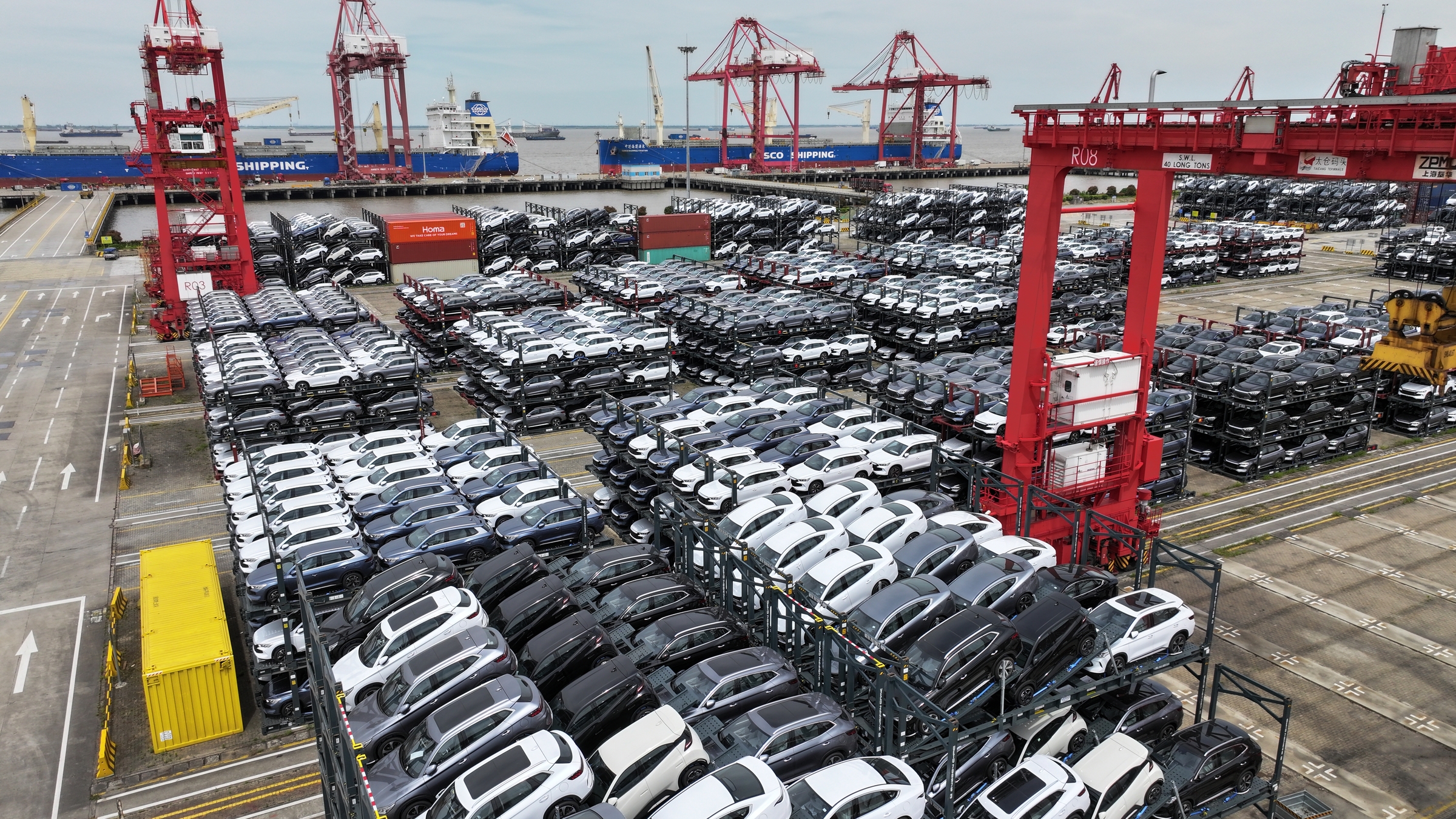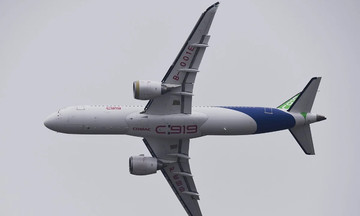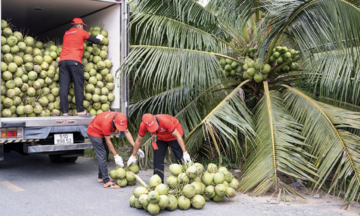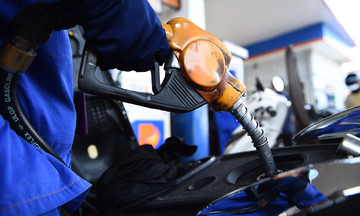The tariff increase is part of a tax reform by the Mexican government to protect jobs, according to the Ministry of Economy. The current import tariff on Chinese cars is 20%. On 10/9/2024, Minister Marcelo Ebrard said it would be raised to the maximum 50%.
According to Ebrard, the measure is within World Trade Organization (WTO) limits and aims to protect jobs as Chinese cars enter the domestic market below Mexico's reference price. "Without a certain degree of protection, we can hardly compete," he said.
The Chinese Ministry of Foreign Affairs has protested other countries imposing tariffs under "various reasons." Beijing expressed hope that Mexico would cooperate in global economic recovery and trade development.
"We will resolutely safeguard our rights and interests in accordance with the actual situation," said Foreign Ministry Spokesperson Lin Jian.
 |
Cars await export at Taicang Port, Suzhou, China on 9/5/2024. Photo: Reuters |
Cars await export at Taicang Port, Suzhou, China on 9/5/2024. Photo: Reuters
Experts believe that in addition to protecting domestic production, Mexico's move is also aimed at appeasing US President Donald Trump. He recently urged Latin American countries to limit economic ties with the world's second-largest economy. "The US will not allow China to use Mexico as a back door," said Mariana Campero of the CSIS Americas Program. She pointed out that Mexico's trade deficit with China has doubled over the past decade, reaching 120 billion USD last year.
The US, Mexico, and Canada also have a free trade agreement. This agreement helps the North American country avoid most of the tariffs from the Trump administration but will be reviewed next year. Analyst Gabriela Siller of Banco BASE assessed that the country's tariff plan aims to increase budget revenue and "make a good impression on Trump."
According to John Price, CEO of Americas Market Intelligence, Mexico is trying to protect its economy because it exports many luxury American cars.
Besides China, countries without trade agreements with Mexico, such as South Korea, India, Indonesia, Russia, Thailand, and Turkey, are also affected.
Mexico's tariff plan also includes a 35% tax on steel, toys, and motorcycles; and 10-50% on textiles. A total of 52 billion USD worth of goods are affected, accounting for 8.6% of Mexico's imports. This plan is expected to protect 325,000 manufacturing jobs but still needs to be approved by the parliament.
Phien An (Reuters)












